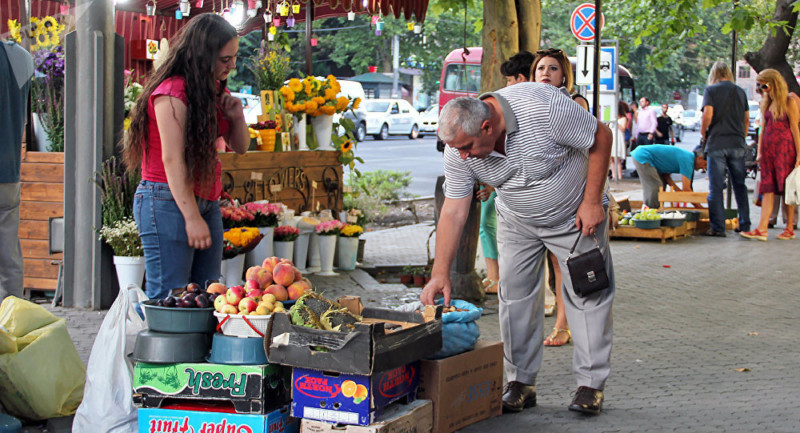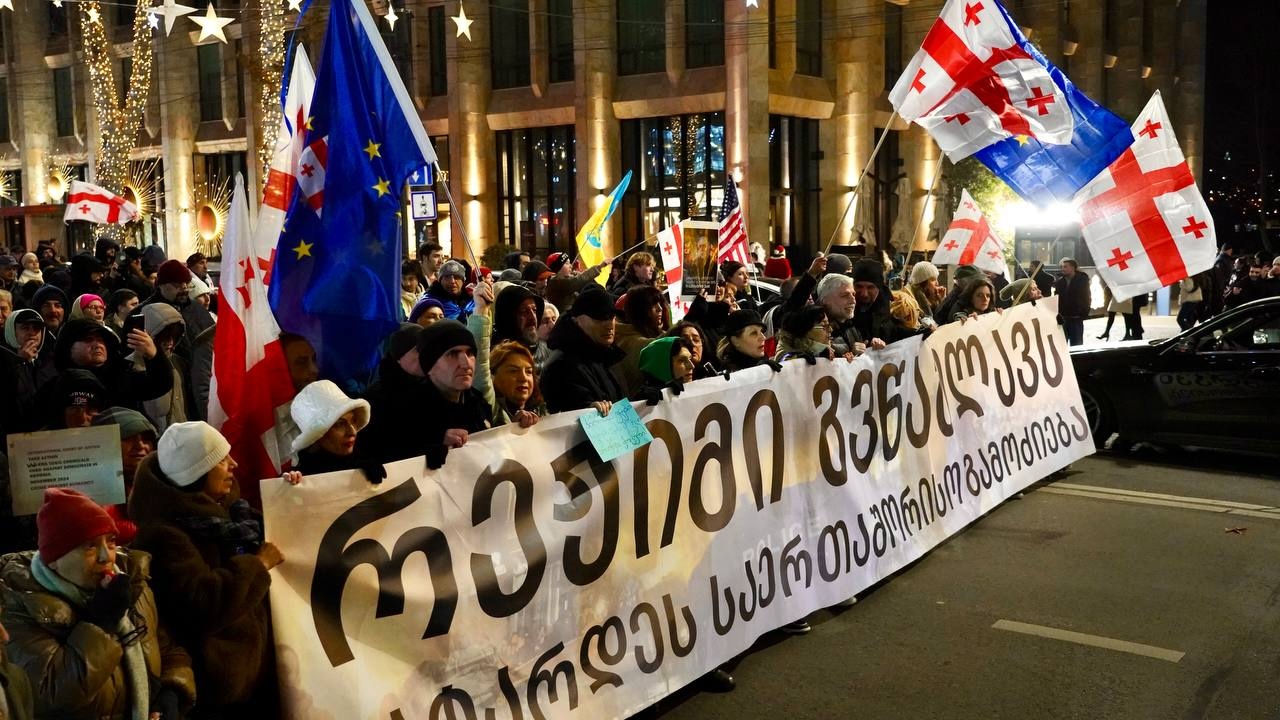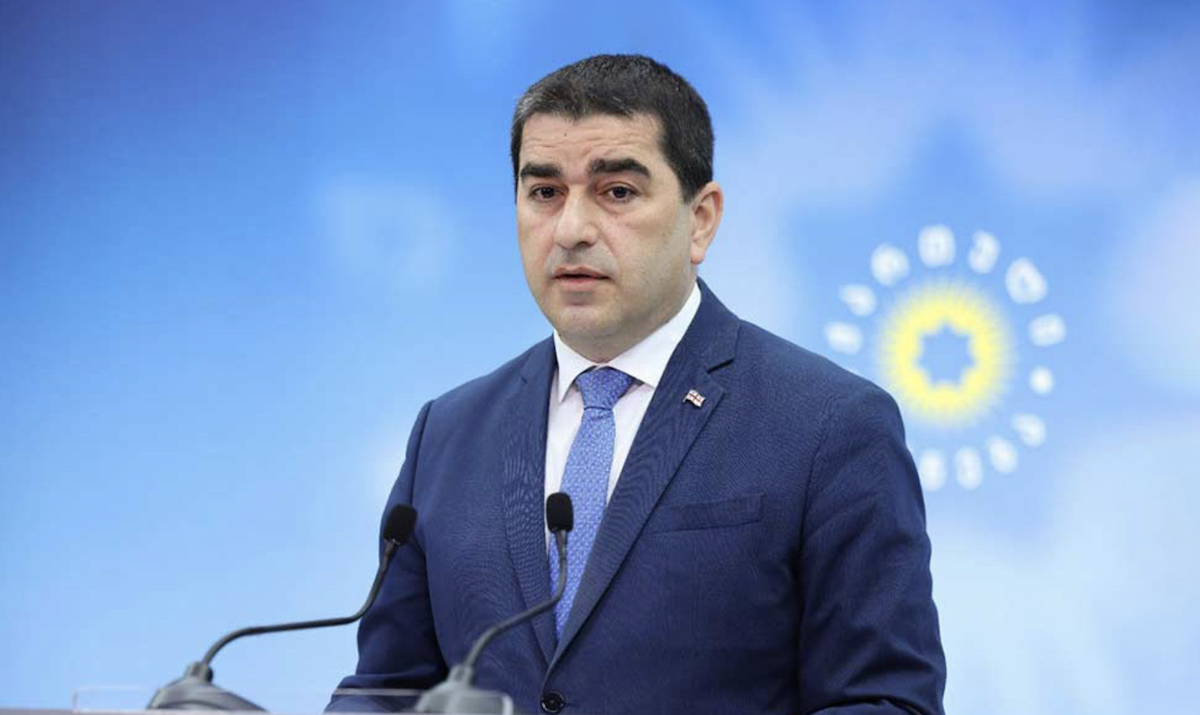“The era of free rides is coming to an end,” says Yerevan Mayor
Fine introduced in Armenia for fare evasion on public transport
Passengers in Armenia who fail to pay for public transport will soon face fines. The country’s parliament has approved a bill drafted by Yerevan’s City Hall that introduces a penalty of 15,000 drams—nearly $40—for fare evasion. This comes despite the fact that a single ticket costs just 150 drams, or roughly 40 cents. Under the new rules, passengers will be required to validate their fare within one minute of boarding.
The legislation passed in its second and final reading, with 61 MPs voting in favour, two against, and 24 abstaining.
The fine system comes six months after the introduction of a unified ticketing system in Yerevan’s public transport network. Officials had also previously discussed a possible fare increase. As of February 2025, passengers have been paying 150 drams ($0.39) per ride—up from the previous 100 drams ($0.26).
In mid-May, Yerevan Mayor Tigran Avinyan announced that the city had fallen short of transport-related revenue targets by 2.3 billion drams (over $6 million). As a result, City Hall will not be able to purchase at least 30 of the 45 trolleybuses originally planned for this year. It also remains unclear whether the city will be able to move forward with its earlier plans to acquire 250 new electric buses.
Efforts to modernize the public transport fleet, which began a couple of years ago, accelerated significantly in 2024. Outdated minibuses, known locally as “marshrutkas,” disappeared from the streets, replaced by new, more comfortable buses and trolleybuses.
Meanwhile, residents of the capital continue to voice frustration over rising fares and the persistent overcrowding on public transport.
- 60 deaths in three months: alarming road accident statistics discussed in Armenian parliament
- Why is it so noisy in Armenia — and what can be done about it: views from residents and experts
- Protest action or blackmail? Yerevan residents face transport crisis as bus drivers strike
Fine structure
The same hefty fine of 15,000 drams will also apply to those who attempt to pay for their journey using someone else’s payment card—such as those belonging to passengers eligible for travel benefits.
“If a passenger holds a valid discounted or regular monthly pass but fails to validate it using the control systems installed on public transport, a fine of 3,000 drams [$7.80] will be imposed,” said Armen Simonyan, Deputy Minister of Territorial Administration and Infrastructure.
According to Simonyan, the fines are being introduced because an estimated 25–30% of passengers do not pay for their trips.
“This naturally causes frustration among the remaining 70–75%. We believe this issue must be addressed—and urgently,” he said.
MPs asked whether passengers would still be fined in cases where they are unable to validate their fare due to technical issues. Validators in Yerevan’s public transport system frequently fail to recognize payment cards or printed QR tickets.
“If there is a technical issue that prevents the passenger from confirming their purchased ticket, no administrative penalty will be imposed,” Simonyan responded.
“The vast majority of Yerevan residents pay their fares responsibly”
“Some citizens may think the era of free rides has arrived. Dear residents, that time is coming to an end,” Yerevan Mayor Tigran Avinyan said earlier this week.
He stressed that “the overwhelming majority of Yerevan residents pay their fares responsibly,” but expressed disappointment that a significant number of people deliberately avoid paying.
“Of course, we will run an awareness campaign for a while. But at some point, those who continue to evade fares will begin to face fines,” the mayor stated.
“People are being turned into a source of fines”: Opposition responds
“This bill, in my firm opinion, is about designating the citizens of Armenia—particularly the residents of Yerevan—as a source of fines,” said Tadevos Avetisyan, an MP from the opposition “Hayastan” faction.
His view is shared by other members of the faction. MP Artur Khachatryan argued that the city authorities are resorting to fines because they “failed in their reform.” By “reform,” Khachatryan was referring to the introduction of the unified ticketing system and the subsequent fare increase.
Back in 2018, following Armenia’s revolution, Prime Minister Nikol Pashinyan famously declared that “a citizen is not a target for fines.” The opposition now accuses the ruling party of adopting the very practices it once condemned upon coming to power.
“Yes, the Prime Minister said [in 2018] that a citizen is not a target for fines. And what he meant was that [under the previous government], a system had been created not to prevent violations, but to extort money from people through penalties,” said Hayk Konjoryan, head of the ruling faction.
Social media reactions
“Pay for the ride. The main thing now is that the buses are good, clean, comfortable, and air-conditioned. I have nothing to complain about. I hope such buses will be brought to the regions so we don’t have to travel in old Gazelles.”
“If you don’t pay for electricity, the power gets cut off automatically. So why shouldn’t we pay for transport? Can anyone tell me what the difference is?”
“We’ll pay when the transport system works properly—when we’re not late in the mornings and don’t have to wait tired in the evenings.”
“Before imposing fines, first provide proper transport service so that only as many passengers board the bus as there are seats. And what does it mean to validate a ticket within one minute of boarding? Maybe I want to get to my stop without any hassle and pay later—when I get off. Maybe something might happen to the bus on the way. Why should I pay in advance?”
“First, the city administration should be fined for overcrowded transport. How can they fine a passenger who is standing on one leg while riding?”
“The validators work as poorly as they do.”
“We all want order in the country. But first, let them add more validators. Also, there should be not just one operator, but several, since there can be thousands of payment methods. Plus, the validators need to function properly. People have money on their payment cards, but the validator doesn’t read it or accept payment. In short, don’t reinvent the wheel—study international experience and implement best practices here in Armenia.”
Follow us – Twitter | Facebook | Instagram
Fine introduced in Armenia for fare evasion on public transport





















